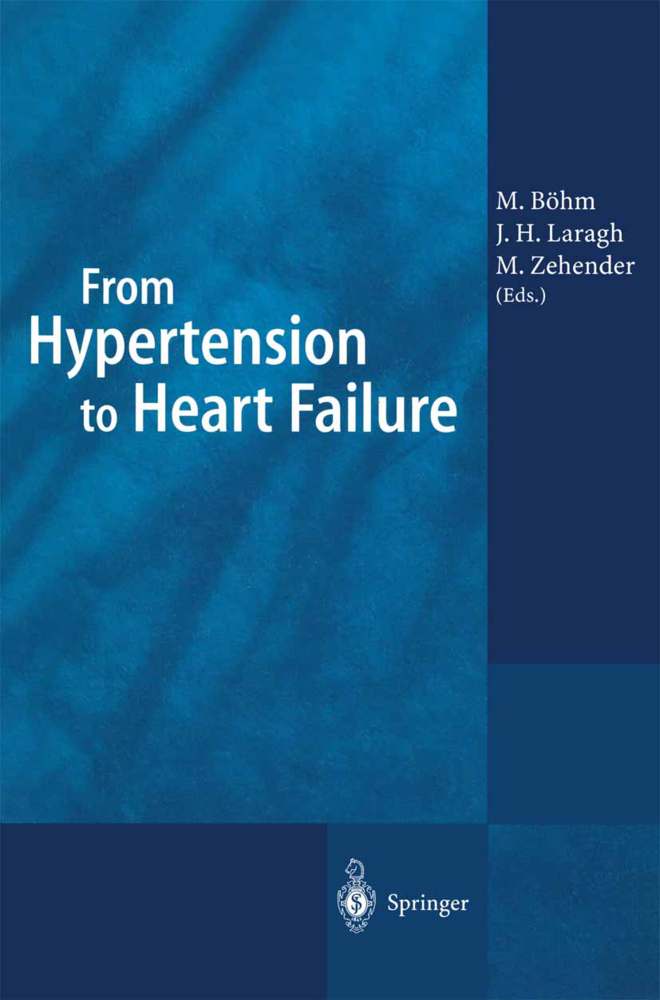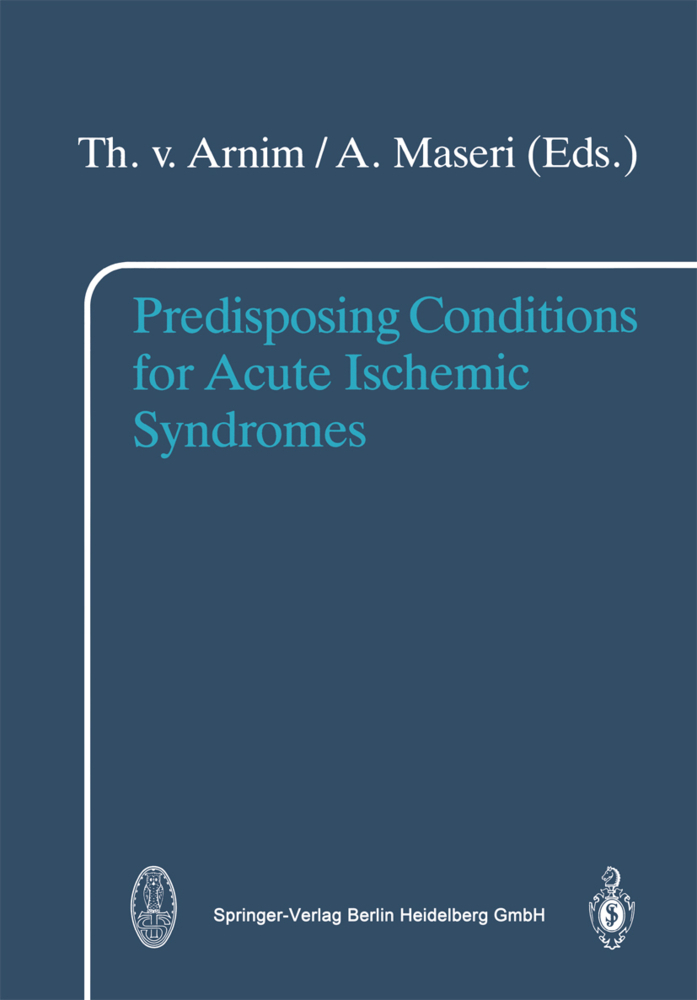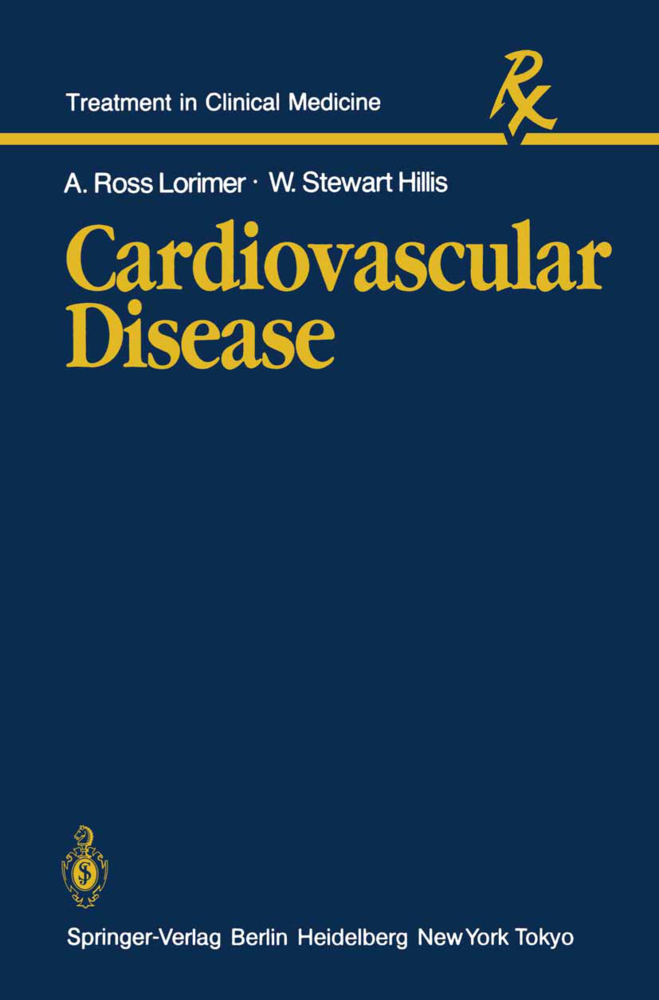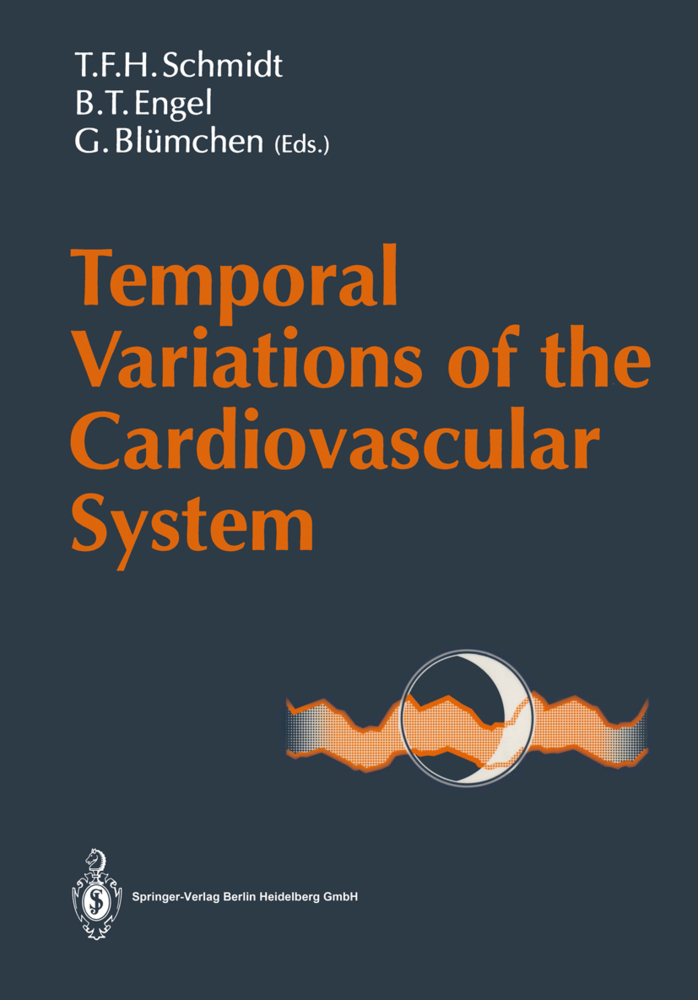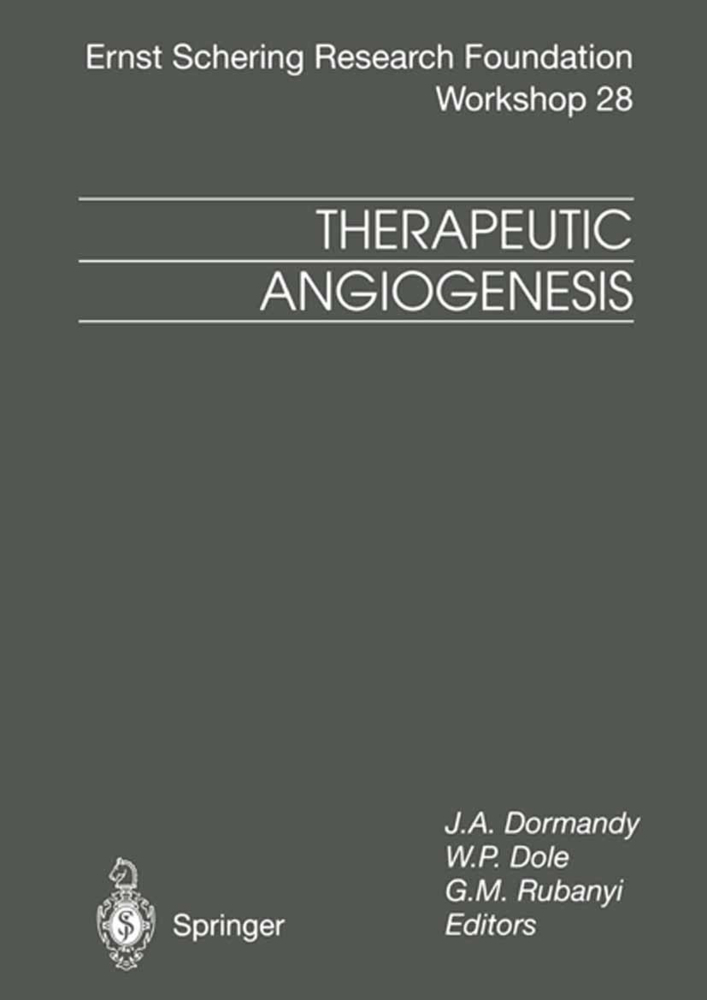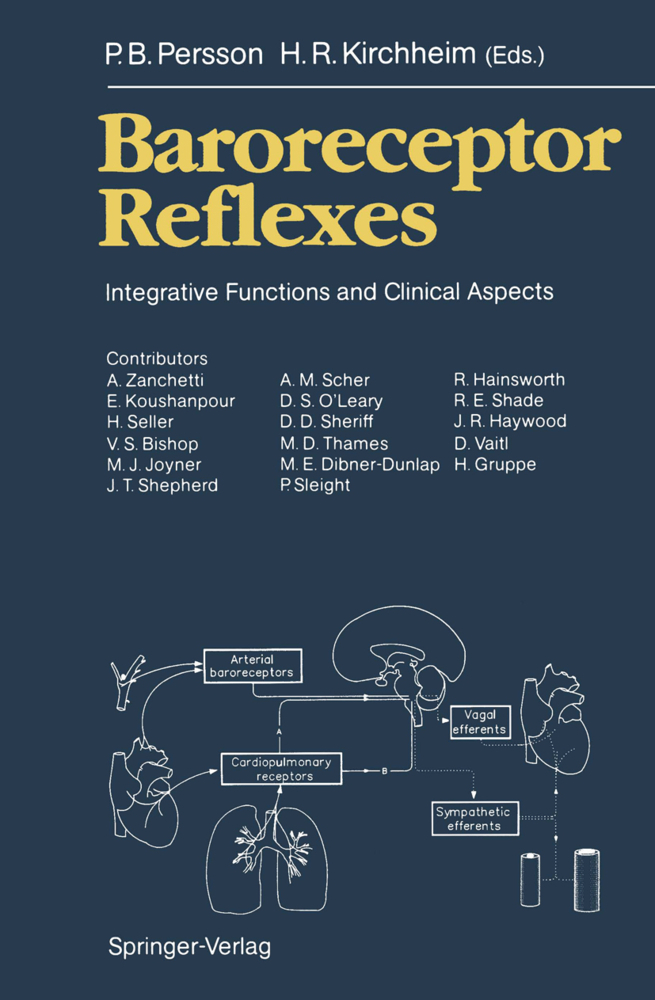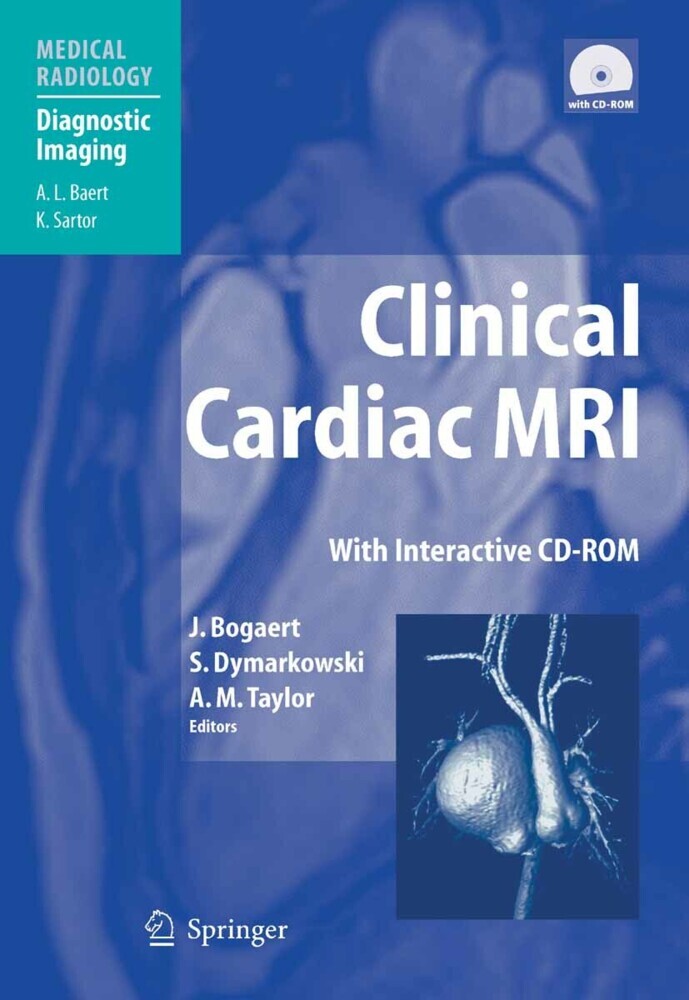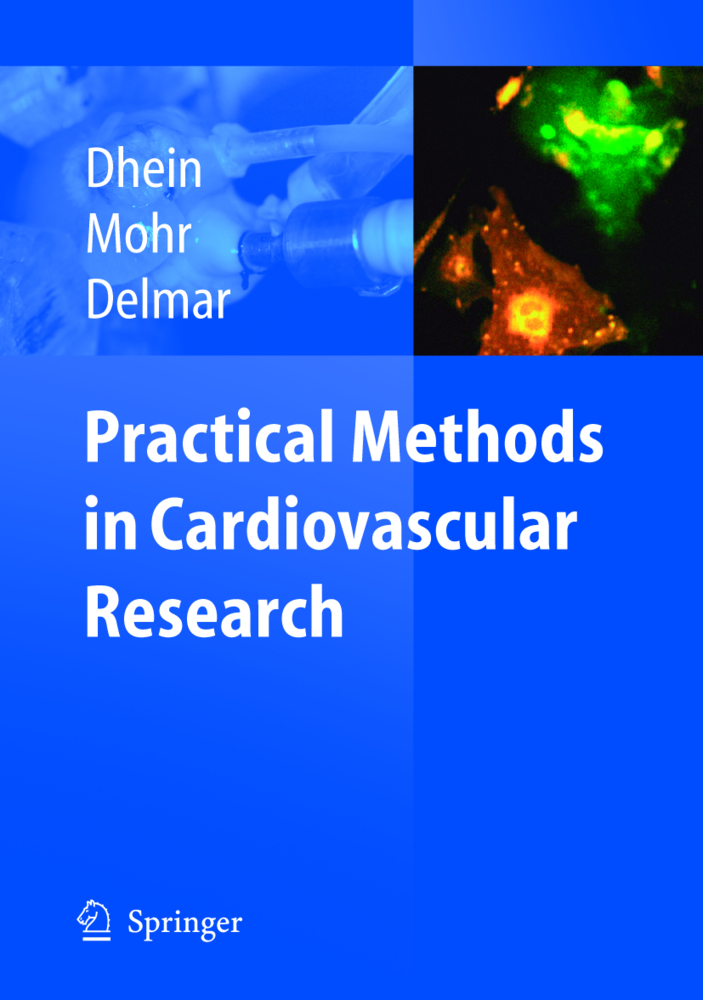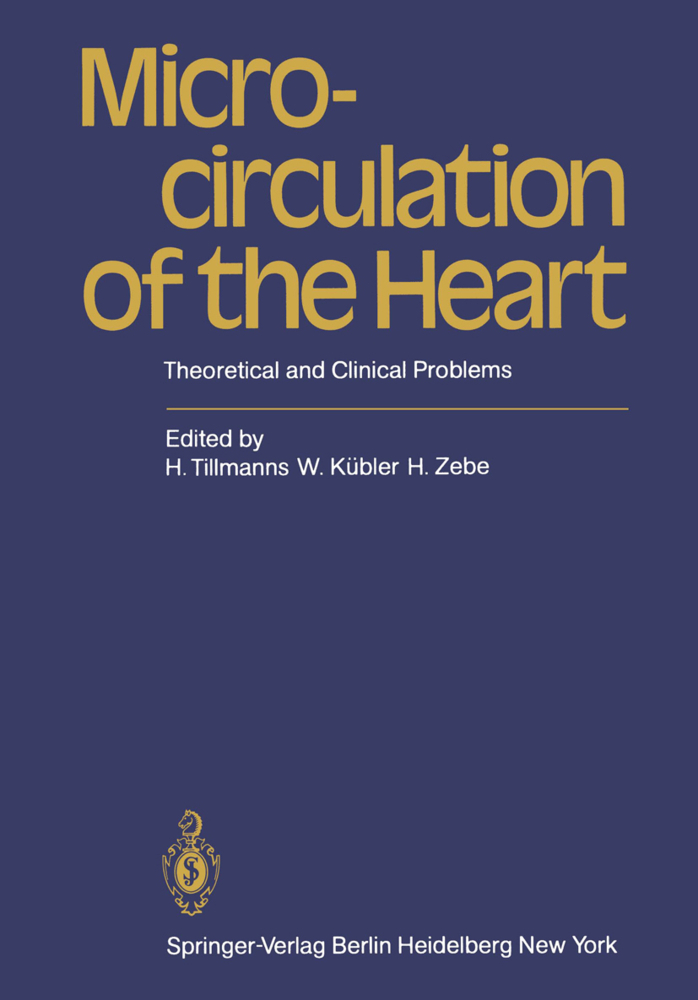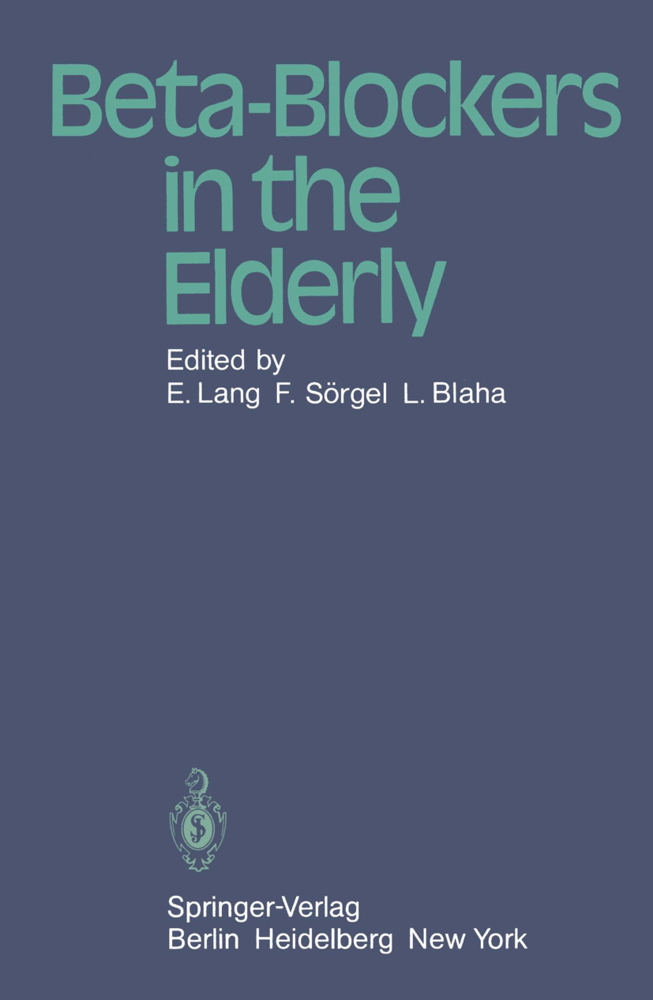From Hypertension to Heart Failure
From Hypertension to Heart Failure
Arterial hypertension, coronary heart disease and heart fail ure are the commonest cardiovascular conditions to present in clinical practice. Over the past few years it has become in creasingly clear that they are closely and causally interrelated and that their relationship can have a significant bearing on prognosis. Epidemiological studies have shown that arterial hypertension is one of the most important risk factors for de veloping heart failure. Only one in four patients with hyper tension is adequately managed, and in 50% of cases, the hypertension has not been recognised or treated. Patients with pre-existing hypertension who go on to suffer an acute myocardial infarction have usually not previously had typi cal angina symptoms, the infarct territory is larger, life threatening arrhythmias are commoner and hence in-hospi tal mortality and long-term prognosis are markedly worse. The presence of raised blood pressure in the post-infarct phase doubles the risk of manifest heart failure. The close relationship between hypertension, coronary heart disease and heart failure makes the choice of therapeu tic strategy particularly important. Agents and classes of agents that have prognostic value in all three conditions should be considered first, as synergy might result in addi tional benefits. In such patients, this sort of therapeutic deci sion-making might have further advantages. The use of these agents may prevent complications which are not yet clinically obvious (such as heart failure).
II Hypertension
2 ?-Blockers in the Treatment of Hypertension: Focus on Carvedilol
3 Ergometry in the Assessment of Arterial Hypertension and Antihypertensive Therapy
III Angina Pectoris
4 ?-Adrenergic Antagonists in the Management of Acute Myocardial Infarction
5 ?-Blocking Therapy in Patients with Unstable Angina
6 Usefulness of ?-Blockers in Sudden Cardiac Death
7 ?-Blocking Agents in Patients with Coronary Artery Disease and Myocardial Infarction
IV Heart Failure
8 Molecular Organization of the ?-Adrenergic System
9 ?-Adrenergic Signal Transduction Defects in Heart Failure
10 ?-Blocker Treatment of Chronic Heart Failure
11 Heart Failure: Treatment with ?-Adrenoceptor Antagonists
V Case Reports
12 ?-Receptor Blocker Therapy in Dilated Cardiomyopathy After Doxorubicine Therapy
13 ?-Blocker Therapy in Severe Cardiac Heart Failure.
I Introduction
1 Epidemiologic Insights into Progression from Hypertension to Heart FailureII Hypertension
2 ?-Blockers in the Treatment of Hypertension: Focus on Carvedilol
3 Ergometry in the Assessment of Arterial Hypertension and Antihypertensive Therapy
III Angina Pectoris
4 ?-Adrenergic Antagonists in the Management of Acute Myocardial Infarction
5 ?-Blocking Therapy in Patients with Unstable Angina
6 Usefulness of ?-Blockers in Sudden Cardiac Death
7 ?-Blocking Agents in Patients with Coronary Artery Disease and Myocardial Infarction
IV Heart Failure
8 Molecular Organization of the ?-Adrenergic System
9 ?-Adrenergic Signal Transduction Defects in Heart Failure
10 ?-Blocker Treatment of Chronic Heart Failure
11 Heart Failure: Treatment with ?-Adrenoceptor Antagonists
V Case Reports
12 ?-Receptor Blocker Therapy in Dilated Cardiomyopathy After Doxorubicine Therapy
13 ?-Blocker Therapy in Severe Cardiac Heart Failure.
Böhm, Micheal
Laragh, John H.
Zehender, Manfred
| ISBN | 978-3-540-63542-0 |
|---|---|
| Artikelnummer | 9783540635420 |
| Medientyp | Buch |
| Copyrightjahr | 1998 |
| Verlag | Springer, Berlin |
| Umfang | XIII, 258 Seiten |
| Abbildungen | XIII, 258 p. 32 illus. |
| Sprache | Englisch |

